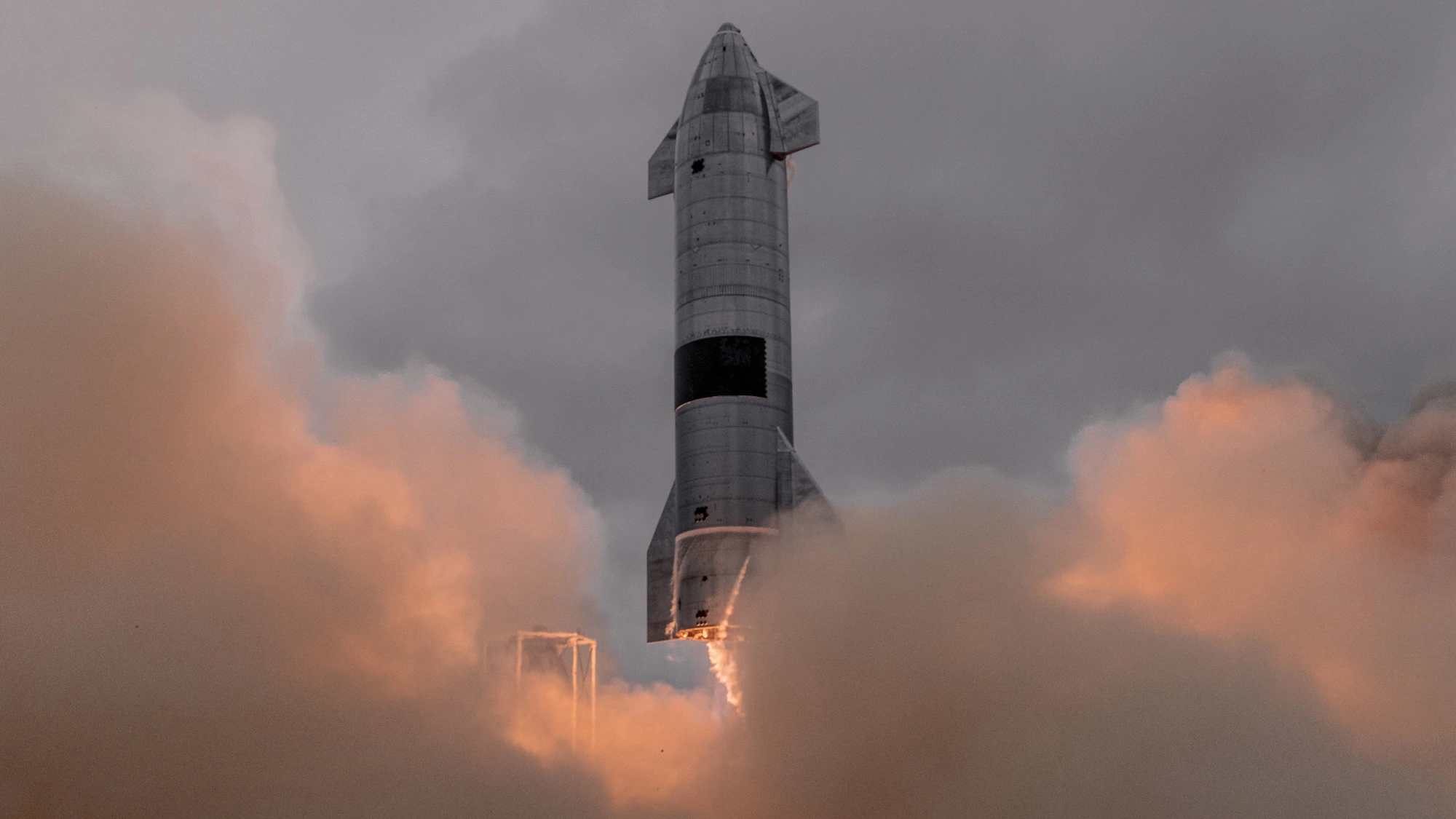SpaceX’s Starship launches at the company’s Starbase facility near Boca Chica, Texas, have allegedly been contaminating local bodies of water with mercury for years. The news arrives in an exclusive CNBCreport on August 12, which cites internal documents and communications between local Texas regulators and the Environmental Protection Agency.
SpaceX’s fourth Starship test launch in June was its most successful so far—but the world’s largest and most powerful rocket ever built continues to wreak havoc on nearby Texas communities, wildlife, and ecosystems. But after repeated admonishments, reviews, and ignored requests, the Environmental Protection Agency and the Texas Commission on Environmental Quality (TCEQ) have had enough.



Thanks for the summary! Very easy to follow.
Sorry if this is a stupid question, but wouldn’t diluting the runoff with more than 1:50 ratio with fresh water fix this problem? If it’s joining a large body of water down the line, wouldn’t that effectively negate the problem?
I don’t know anything about the area or it’s ecosystem. But it seems like being close to protected wilderness is kind of a prerequisite for this kind of thing, because you can’t have human inhabitants nearby. And it seems that logically, large swaths of unoccupied land would be zoned as such until there was a need for some kind of development.
One of the fundamental principals of the RCRA is that dilution is not an allowable solution to pollution. Otherwise, you could just say that any amount of pollution is below applicable concentrations after it mixed into the oceans, atmosphere, whatever. And any company could emit as much as they wanted as long as they diluted it. Oil spills could simply be left alone because they’d eventually distribute throughout the earth.
Concentrations must be considered as they occur in their process streams. The process stream must meet certain requirements first and foremost, and it must be further checked to see if that could significantly affect the air or water in which it is emitted, just to make sure its good to go since water flow, temperature, and wildlife migration change throughout the year. The same is true for air emissions as well.
Thank you for some more specific commentary on this.
I had a gut feeling that uh… reverse homeopathy probably is not a legitimate methodology to approach environmental toxins with.
I am far from an expert on the toxicity of mercury (and that’s nearly certainly just one kind of pollutant in this scenario), but it seems unlikely this would solve the problem.
The same amount of mercury is still being emitted, it just might lessen the amount that gets absorbed by immediately local soil… and just disperse it a bit more evenly over a longer range eventually mostly pooling along the shores of the Gulf of Mexico.
Which… is still part of a protected natural environment with endangered species living in it. As I recall, there is specifically a species of endangered turtles that live in this area, so, they’re still fucked, along with I think some other endangered birds, reptile and small mammals.
What they should have is a proper method of containing this dirty water, filtering and extracting dangerous chemicals, and a proper way of disposing those.
But that would require foresight and planning, which is anathema to Musk’s ‘move fast and break stuff’ style of ‘rapid iteration’.
Also, It is not true that large sections of uninhabited land are necessarily zoned as some kind of protected habitat. It is true there are lots of areas of the US where this is the case, but not totally.
Musk was trying desperately to get NASA to let him use Cape Canaveral for Starship, but they viewed this (correctly, in hindsight) as too risky.
So, when they said no, and he had deadlines to meet, basically said ‘fuck it’, took his existing facility and massively illegally upgraded it far beyond what was legally allowed by initial use permits, and just did everything Starship there, generally completely ignoring any concept of ‘regulations’ that might apply to this.
He could have actually given investors and NASA themselves more realistic budget and timeframe ideas for how expensive and time consuming it would be to do this properly, but he did not.
It is also important to note that the dirtiness of the water may have been misreported. It seems possible that this story is based on two typos in the Texas Commission on Environmental Quality report. The actual concentration of mercury may be 1000x lower.